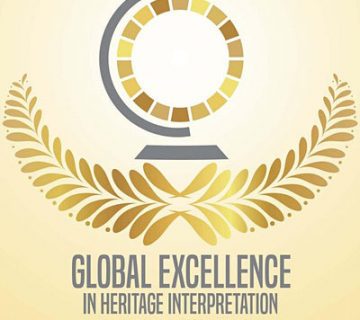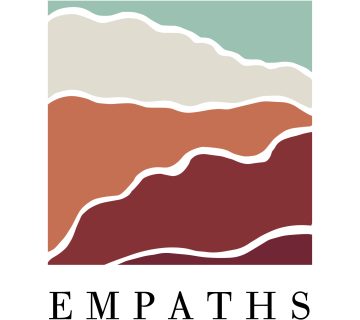The concept of participatory heritage interpretation is based on the idea, today widely accepted, that interpretation is not the exclusive role of experts but also depends on participants those who are the beneficiaries of heritage and members of local communities.
They need to be actively involved in the assembly of knowledge, narratives, meanings and alternative models for the uses of heritage. It also assumes that this active inclusion of the public in the creation of values and meanings of heritage has the potential to affect, positively, the quality of people’s lives and the sustainable development of communities. It does this by contributing to lifelong learning, development of individual knowledge and skills, fostering social cohesion, developing feelings of belonging and pride and many other social impacts.
The aim of this webinar is to provide an overview of and opportunity for discussion about the research and theory of participatory heritage interpretation and its different models and practices, as well as its possible impacts on individuals and society.
Lana Domšić holds a PhD in Museology from the University of Zagreb. In her dissertation, she explored the social impacts of participatory heritage interpretation on young people in the local community. She works as a lecturer on the professional study programme in Cultural Management at the University of Applied Sciences Baltazar Zaprešič, Croatia, where she teaches courses in art history, heritage management and cultural tourism.




